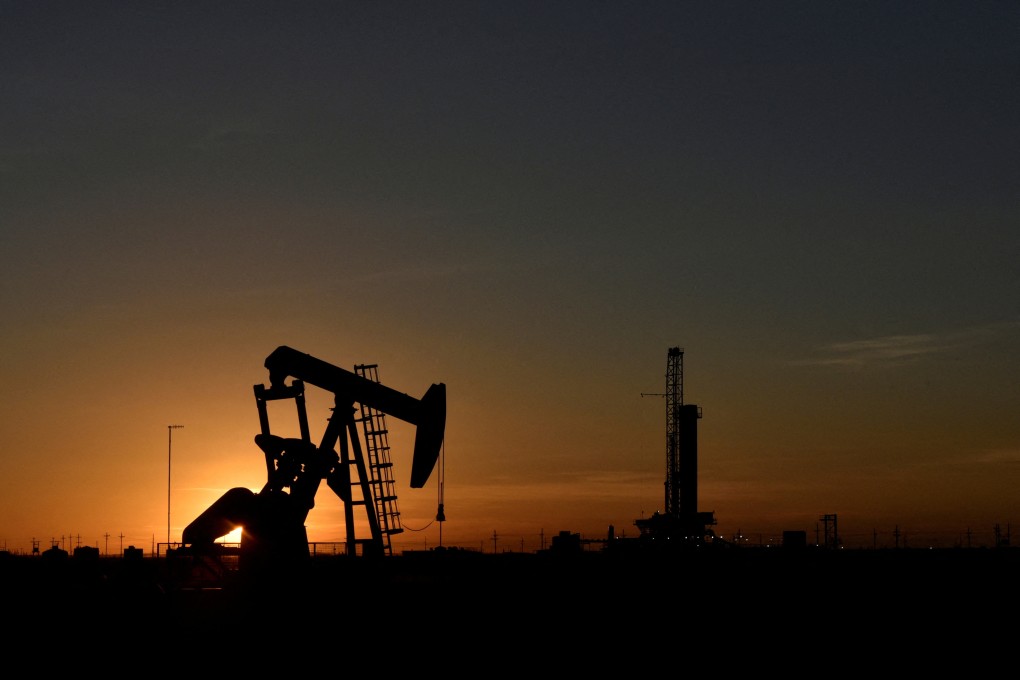Saudi Arabia and Opec+ partner Russia extend oil supply cuts to August to prop up prices
- The 1 million barrels per day cut to production will see Saudi Arabia’s output drop to about 9 million bpd, the lowest in several years
- Russia will join the Saudi effort and reduce oil exports by 500,000 bpd in August, according to Deputy Prime Minister Alexander Novak

Saudi Arabia will prolong its unilateral oil production cut by one month, keeping a lid on supply amid persisting fears over the global economy. Its Opec+ ally Russia also announced fresh curbs on exports.
The kingdom will maintain the 1 million barrel per day (bpd) reduction – launched this month on top of existing curbs agreed with Opec+ – into August and could extend it further, according to a statement published by state-run Saudi Press Agency. The country will pump about 9 million bpd, the lowest in several years, sacrificing sales volumes for what has so far been a minimal reward in terms of higher prices.
Oil futures rose after the announcement, but trimmed those gains later. Brent crude was 0.5 per cent higher at US$75.76 a barrel late Monday afternoon in London.
The Saudi effort will be assisted by Russia, which will reduce oil exports by 500,000 bpd in August, Deputy Prime Minister Alexander Novak said in comments published by his press service. He later added that the country will also aim to reduce production by this amount. Algeria will reduce output by 20,000 bpd next month.

So far this year, Moscow has dragged its heels on cutbacks agreed with Opec+ as it faces pressure to keep funds flowing to its war against Ukraine.
The 23-nation Opec+ alliance aims to achieve balance in global oil markets and avoid an accumulation in inventories, United Arab Emirates Energy Minister Suhail Al Mazrouei told the state-run WAM news agency. The UAE is a leading member of the coalition.